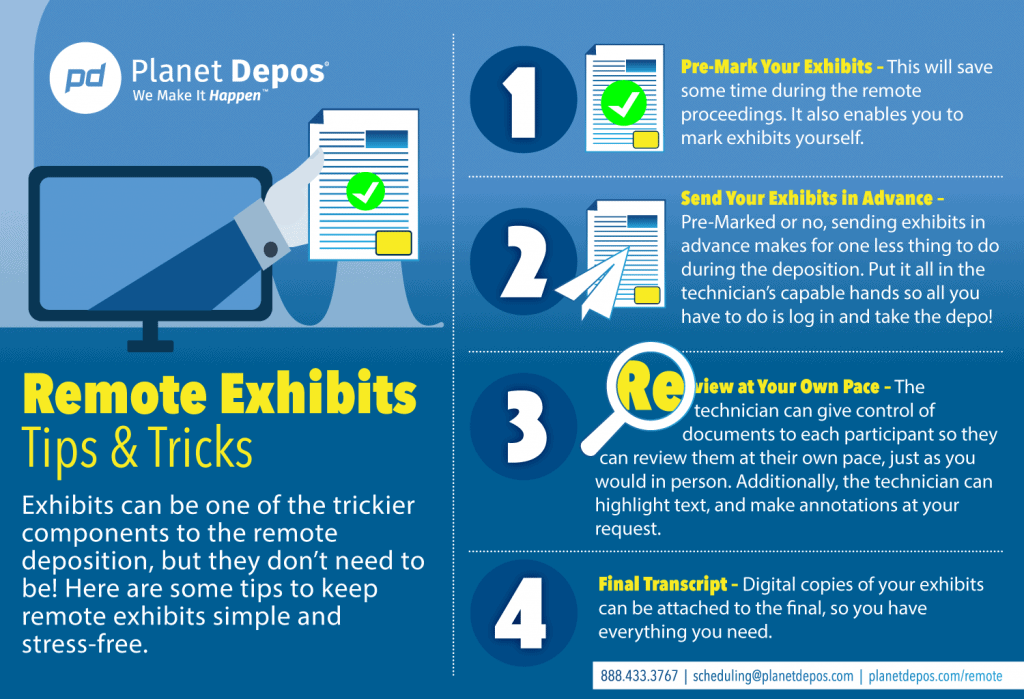If you have an upcoming international deposition in Asia, let the experts at Planet Depos handle the heavy lifting for you! Roughly 62% of our international depositions in the first half of 2024 took place in an Asian region or country, including Hong Kong, Japan, South Korea, Taiwan and Thailand.
As the only global court reporting firm with U.S.-trained, native English-speaking resources living on the ground in Asia, we provide exceptional service at competitive rates, whether your deposition is in-person, remote or hybrid.
If you’re preparing for a deposition in Asia, these are our top tips to keep in mind:
Plan Ahead Whenever Possible
Our teams in Asia are in high demand, and their calendars often fill up four to six weeks in advance. To ensure the availability of our local resources, it’s essential to plan ahead as much as possible. Once our local teams are fully booked, we may need to bring in teams from farther abroad, which can increase travel costs.
Be Aware of Regulations and Restrictions
While depositions are allowed without restriction in most Asian countries, there are a few notable exceptions. Depositions are not at all permitted in mainland China, either on the ground or remotely. Japan does allow depositions but has strict regulations concerning how (and where) they may be conducted.
We have covered hundreds of depositions in Japan, and our international scheduling team provides deft navigation through the scheduling process.
Understand Interpreter Policies
Interpreters in Asia operate slightly differently from those in the U.S. While they are willing to work alone, rather than in pairs, they adhere to strict cancellation policies. It’s not uncommon for interpreters in Asia to require a percentage of their fee upon confirmation, regardless of whether any part of the job is cancelled. An awareness of these policies from the outset can help you avoid unexpected costs.
Remember Time Zone Differences
It’s important to remember that countries in Asia are 12-15 hours ahead of the U.S., which can pose challenges with communication and scheduling. An extra business day is needed to coordinate with our local resources and finalize scheduling details.
Conducting a deposition in Asia can seem daunting, but with the right planning and information, you can ensure an efficient and cost-effective experience. Leverage our expertise with international depositions at any time by reaching out to our international scheduling team at 888.433.3767 or international@planetdepos.com.
To learn more about how to conduct an international deposition, request your complimentary copy of the 2024 Planet Depos International Deposition Guide.









 1) Taxi Tips in Hong Kong
1) Taxi Tips in Hong Kong
 6) Embrace the Fast-Paced Lifestyle
6) Embrace the Fast-Paced Lifestyle





